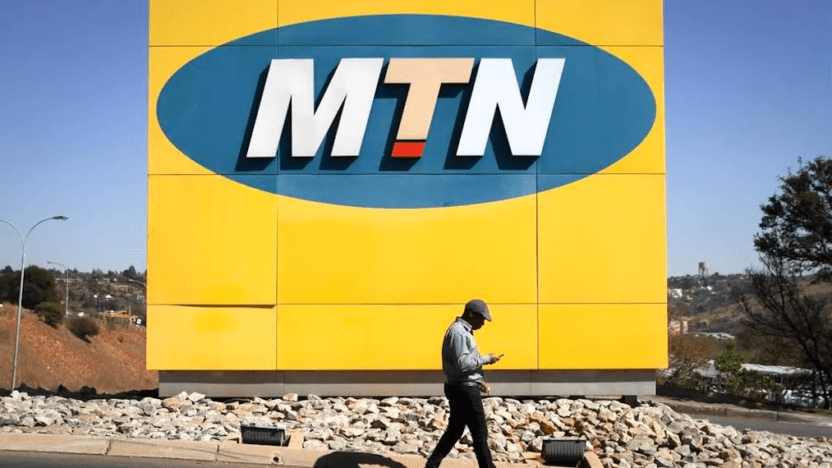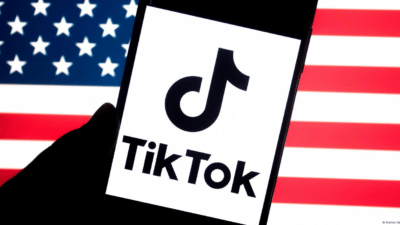See why MTN has been fined N15 million for violating customer privacy by sending unsolicited messages to customers

MTN Nigeria has been fined N15 million by the Court of Appeal in Abuja. This is due to violating a customer’s privacy with unsolicited messages and callertunes. The court found that MTN’s actions breached Barrister Ezugwu Emmanuel Anene’s right to privacy.
The case began with a previous ruling from the High Court of the Federal Capital Territory. Anene claimed he received 88 unsolicited calls at odd hours, which caused him embarrassment and anxiety. He stated that, as an MTN subscriber, he never consented to the weekly messages or callertunes.
This ruling emphasizes the need for telecom companies to get customer consent before sending unsolicited communications. It highlights the importance of respecting customer privacy. If companies fail to do so, they could face significant penalties.
Facts of the Case; MTN fined N15 million
The matter arose from the judgment of the High Court of the FCT, delivered by Justice U.P. Kekemeke, on September 22, 2021.
The claimant, Anene, sought a declaration that the eighty-eight unsolicited calls made by MTN to him at odd hours caused embarrassment, inconvenience, distraction, and anxiety, thereby breaching his right to privacy.
- Anene, through his legal team, also sought over N200 million in general damages for the “disturbing unsolicited messages sent to the claimant weekly,” as well as for the “imposition of callertunes on the claimant’s mobile number.”
- He argued before the High Court that although he subscribed to MTN’s network services, he never signed up for the weekly clarion child guidance, counselling, or caller tune services provided by MTN.
- He said Instead, “the MTN inundated him with a large volume of messages and deducted money from his airtime for unsolicited services from July 2016 to March 21, 2018, at inappropriate hours.”
- He added that his refusal to answer calls from certain numbers denied him the opportunity to receive important business calls, while the strange calls were continuously recurring and embarrassing.
- On its part, MTN, represented by its staff member Emmanuel Iteade, informed the High Court that when a prospective subscriber purchases a SIM starter kit, the prepaid terms and conditions are clearly placed in the kit to allow careful review.
- The official stated that MTN did not breach the claimant’s right to privacy or the quiet enjoyment of his airtime and did not make any fraudulent or illegal deductions from his airtime.
“All services complained about by the claimant were subscribed to by him, and the defendant merely debited him for the services,” the respondent said.
- In passing judgment, the High Court held that Section 37 of the 1999 Constitution, as amended, guarantees and protects citizens’ privacy, including their homes, correspondence, telephone conversations, and telegraphic communications.
- The judge also noted that MTN’s witness, when cross-examined, admitted that the reference in the company’s terms and conditions was “so tiny, he cannot read it,” which the judge considered to be “potent” evidence.
- The High Court then declared that the numerous unsolicited text messages and callertunes sent to the claimant’s phone, without his subscription to them, as well as the subsequent deductions from his airtime, constituted a breach of his right to privacy and quiet enjoyment of his airtime and phone.
- The court perpetually restrained MTN from sending unsolicited text messages or imposing callertunes and deductions on the claimant’s airtime.
- The court awarded N300,000 as general damages but noted that the claimant could not sufficiently prove the assertions about the 88 calls.
- Dissatisfied with the N300,000 awarded, the claimant approached the Appeal Court for redress, arguing that the amount was too low.
- MTN’s legal team also cross-appealed, stating that the total deductions from the claimant amounted to about N14,000 and that the N300,000 award was generous.
What the Appeal Court said
- The Appeal Court agreed that the unsolicited text messages caused the appellant anxiety, adding that MTN was likely profiting substantially from this practice, and Nigerians “may not know this.”
- The court opined that the trial court should have awarded exemplary damages against MTN, a foreign company, as a “deterrent”, noting that the money generated from such charges was not legitimate income for MTN.
- The judge stated, “If MTN had sent unsolicited messages to 10 million phones at the time, owned by innocent Nigerians, it would have unlawfully enriched itself” to over a trillion naira.
- The judge, delivering the unanimous judgment of the three-member Appeal Court panel, set aside the N300,000 general damages imposed by the high court.
- The Appeal Court agreed with the High Court that the claimant had complained to MTN and made a personal complaint to its customer care team.
- It also agreed that the claimant had activated the Do Not Disturb (DND) option, but despite these efforts, MTN persisted in sending unsolicited messages.
“In all, I award N15 million in damages in favour of the appellant and against MTN. The appeal succeeds and is allowed,” the judge concluded.
Regarding MTN’s cross-appeal, the Appeal Court dismissed it, stating it lacked merit.
Conclusion
In conclusion, the case highlights the delicate balance between service providers’ rights to communicate with their customers and individuals’ rights to privacy. The High Court’s ruling emphasizes the importance of clear communication regarding service subscriptions and the need for companies like MTN to ensure that customers are fully aware of the services they are signing up for. This case serves as a reminder for both consumers and service providers to engage in transparent practices to avoid misunderstandings and potential legal disputes. Ultimately, it reinforces the significance of consumer rights in the digital age, where unsolicited communications can lead to significant distress and inconvenience.





